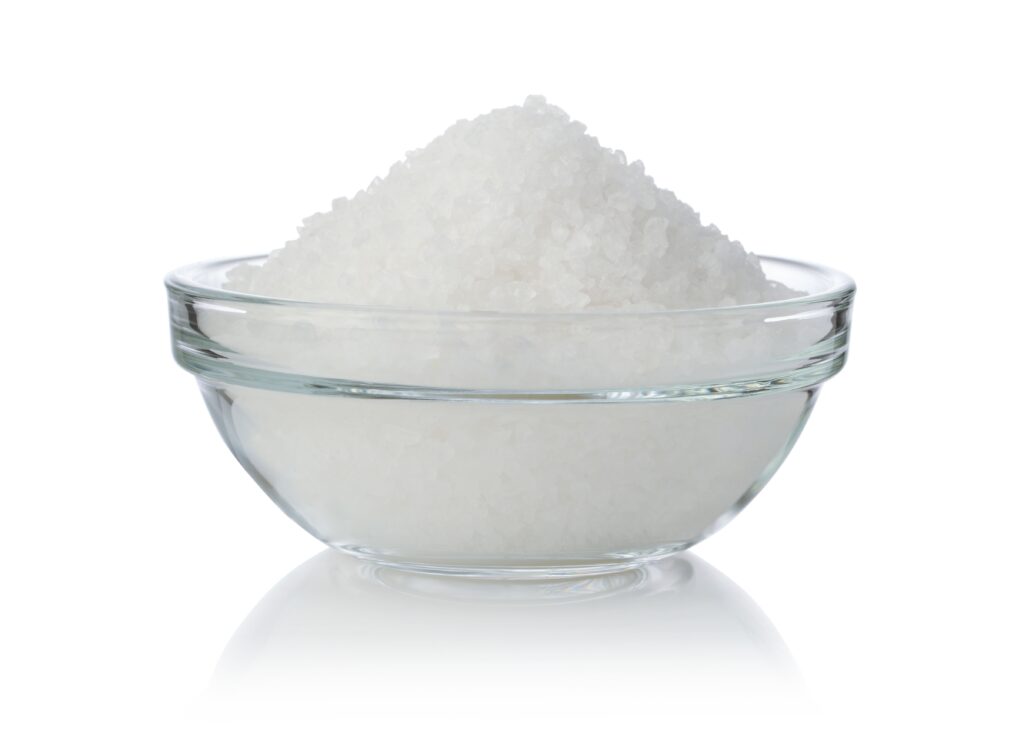1. Breakfast Is the Most Important Meal of the Day

We’ve all heard it: “Breakfast is the most important meal of the day!” But this slogan, popularized by cereal ads in the mid-20th century, isn’t as grounded in science as we once thought. In fact, there’s little evidence that eating breakfast provides a major health boost compared to other meals. Many studies have shown that skipping breakfast doesn’t necessarily lead to negative health outcomes, and it may even help some people manage their weight better.
That doesn’t mean breakfast isn’t important for everyone, but the idea that it’s essential for everyone’s health was mostly pushed by cereal companies hoping to sell more products. It turns out that what’s most important is eating in a way that fits your lifestyle and energy needs. So whether you skip breakfast or enjoy a big one, the truth is it’s more about your overall diet than any one meal of the day.
2. Fat Makes You Fat

For years, the idea that eating fat leads directly to weight gain was hammered into us by food advertisers and health experts alike. Low-fat products flooded the market, promising to help you shed pounds by avoiding fat. However, the reality is much more complicated. Healthy fats, like those found in avocados, nuts, and olive oil, are essential for a balanced diet and can even help with weight management.
The obsession with low-fat products also led to an increase in sugar and refined carbohydrates in our diets, which often made these products worse for us in the long run. The truth is that it’s not fat that causes weight gain—it’s consuming more calories than your body needs, regardless of whether those calories come from fat, sugar, or protein. Understanding the role of fat in our diets is much more nuanced than the simplistic “fat makes you fat” message we grew up with.
3. Eating Three Square Meals a Day Is Essential

The idea that you must eat three balanced meals a day was popularized during the rise of industrial food production in the 20th century. Advertisements from major food companies suggested that this was the “proper” way to eat, with the perfect balance of nutrients and energy throughout the day. In reality, this eating pattern doesn’t work for everyone, and many people find that smaller, more frequent meals or intermittent fasting suit them better.
The three-meal structure was designed to fit the schedules of industrialized workers, not necessarily to promote health. In fact, some studies suggest that eating more frequent, smaller meals can help stabilize blood sugar levels and maintain energy throughout the day. The notion of three square meals a day is really more of a cultural norm than a universal dietary rule.
4. Sugar-Free Foods Are Healthier

The explosion of sugar-free or “diet” foods in the ’80s and ’90s promised to help us all eat more while gaining less weight. These products were marketed as a healthier alternative to their sugary counterparts, often boasting zero calories or low sugar content. But the truth is, many sugar-free foods are packed with artificial sweeteners and other additives that aren’t necessarily any better for our bodies.
While some sugar substitutes are considered safe, others can cause digestive issues or even trigger cravings for more sweetness. In the end, sugar-free foods often don’t deliver the health benefits we’ve been led to believe. A better approach is to focus on whole, unprocessed foods and practice moderation, rather than relying on synthetic substitutes to solve our dietary problems.
5. Low-Salt Diets Are Always Better for You

For decades, we’ve been told to cut back on salt to improve heart health and reduce the risk of high blood pressure. While excessive salt intake can indeed contribute to health problems, the blanket advice to cut back on salt isn’t always beneficial. In fact, for some people, especially those with low blood pressure or active lifestyles, consuming a moderate amount of salt is actually necessary for proper hydration and balance.
The “low-salt” obsession was pushed by health organizations and food marketers in the ’70s and ’80s, even though research on salt’s role in our health is far from settled. For most people, the key is not to eliminate salt completely, but to pay attention to the sources of salt in their diet—processed foods are often the biggest culprits. In moderation, natural sources of sodium can be a healthy part of a balanced diet.
6. Carbs Are the Enemy

When the low-carb craze took off, it seemed like carbs were the ultimate dietary villain. Ads for low-carb diets and products suggested that cutting out carbs was the key to weight loss and better health. But the truth is, not all carbs are created equal. Whole grains, fruits, and vegetables are packed with nutrients and fiber, and they are essential for a balanced diet.
The problem arises when we consume too many refined carbs, like white bread, sugary snacks, and pasta. These processed carbs can cause blood sugar spikes and contribute to weight gain. So while it’s wise to be mindful of refined carbs, whole foods that contain natural carbs are far from being the enemy they’ve been made out to be.
